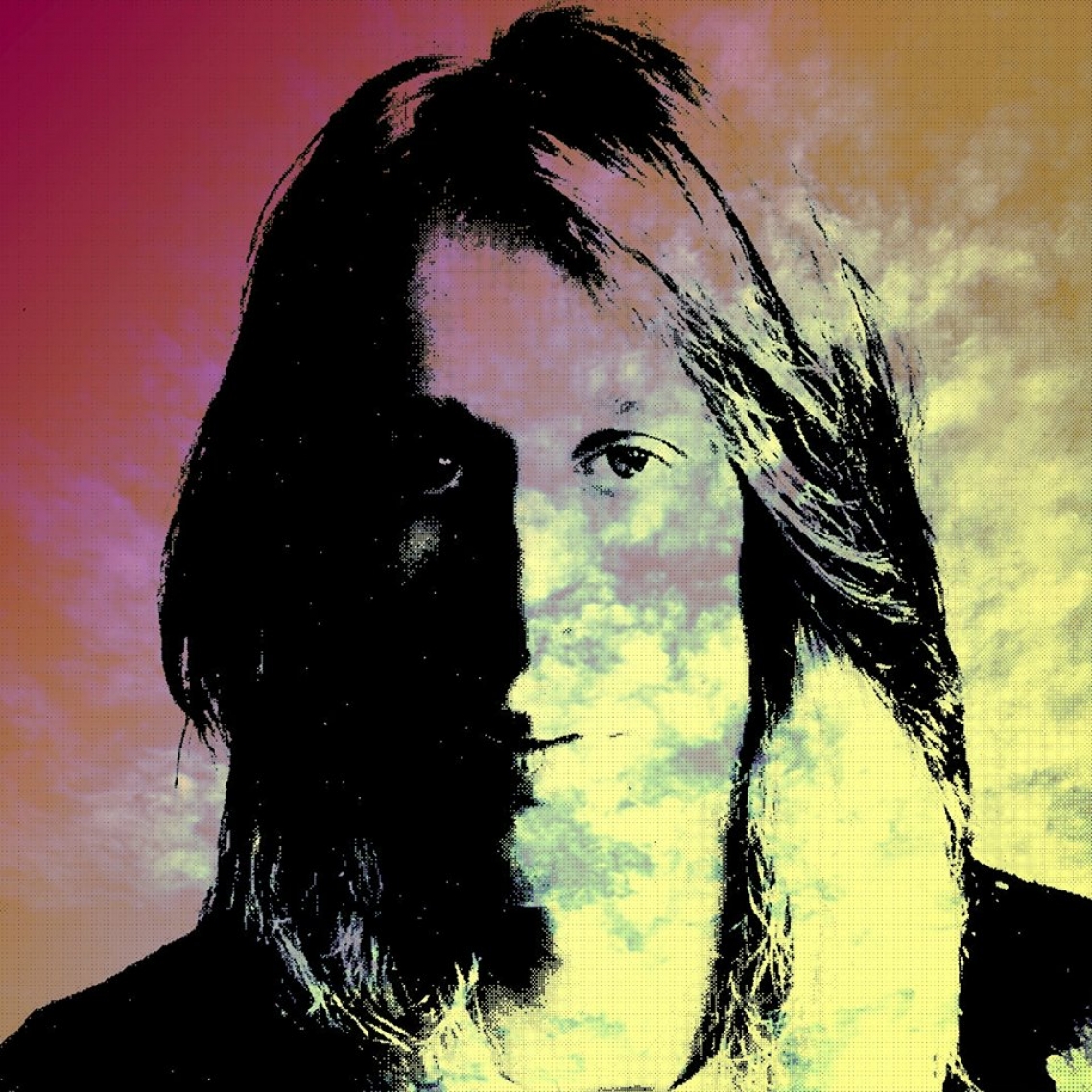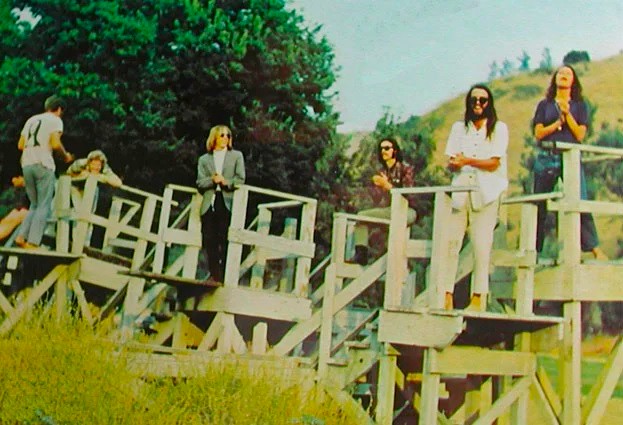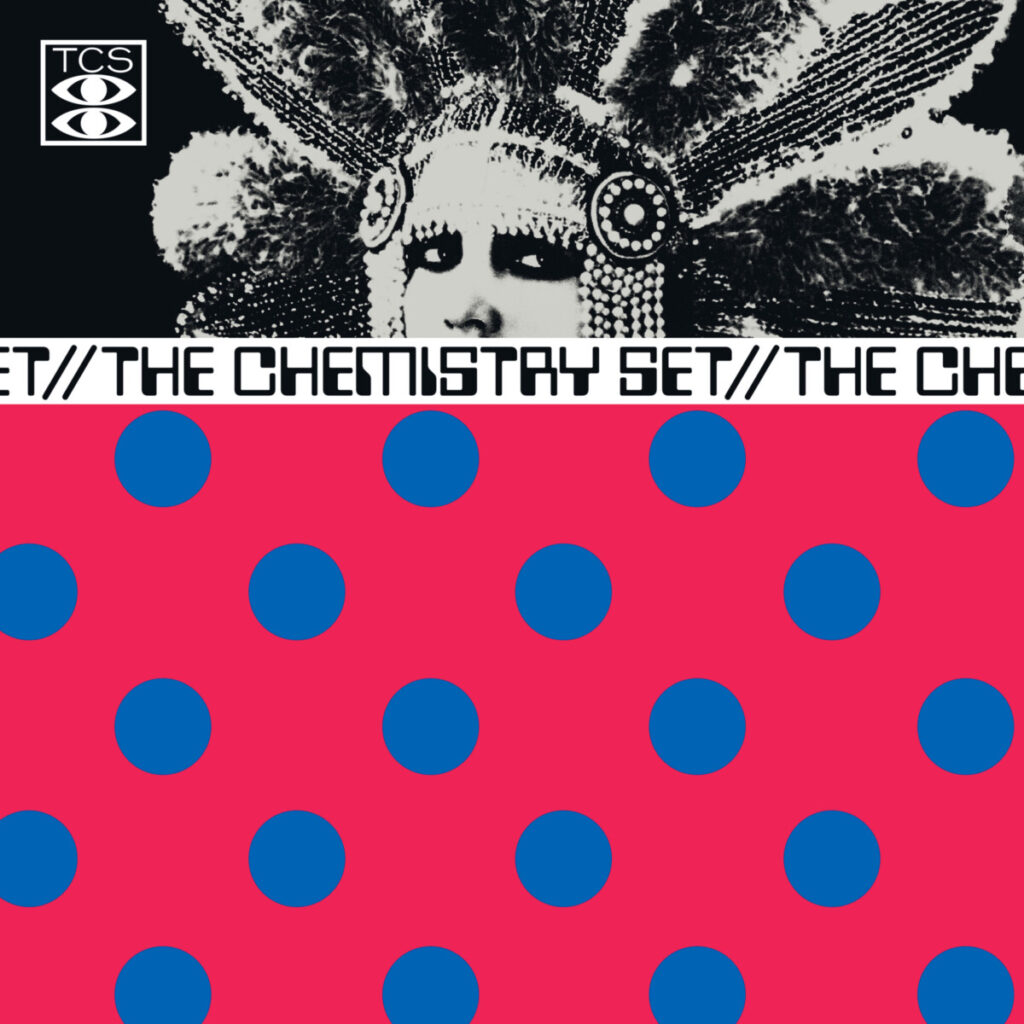Interview: Todd Rundgren
Interview: Todd Rundgren
LeValley: Hello, Todd?
Rundgren: Yes.
LeValley: Hey, it’s such an honor to be able to speak with you today.
Rundgren: Oh, my pleasure. No problem.
LeValley: Well, you have such a long and incredible career as a musician, songwriter, and producer, it’s hard to know where to begin this conversation.
Rundgren: Well, let’s start with the tour we’re on, I guess.
LeValley: OK. So it’s the White Album 50th anniversary show. It’s going to be in Phoenix on December 6. And it includes you, Mickey Dolenz, Christopher Cross, Joey Molland from Badfinger, and Jason Scheff from Chicago.
Rundgren: Yes. Quite a lineup.
LeValley: Yeah. Will you guys be playing songs from the White Album strictly or will you be mixing in your own tunes?
Rundgren: We get to do our own. Well, two of our own songs. And since we got five guys up front, that’s ten songs right there. As well as the better part of the double album. There’s a brief intermission in the show, but the whole thing is about 2 hours of us and the Beatles.
LeValley: I imagine you won’t be doing Revolution Number 9.
Rundgren: You imagine correctly. There are issues all through the record. Things like “Why Don’t We…” Well, we actually do “Why Don’t We Do It in the Road?”. But we don’t do “Sweet (sic) Honey Pie” as well.
Yeah, that was never in most people’s minds a Beatles song anyway. “Revolution Number 9”, that was John and Yoko crapping around in the studio.
LeValley: Right.
Rundgren: And it points out kind of a problem overall with the record. When I first heard the record, I said, “Oh no, this is the sound of the Beatles breaking up”. A lot of the Beatles fans come in at various phases of their career and, as old as I am, I was there from the very beginning of the British invasion. The Beatles were, I don’t know, five, six years older than I was. So they’re kind of like big brother age to me. But a lot of people got into the Beatles as they were born after me and as they got older. So some people– the very first Beatle album that they remember is the White Album. And then they, I guess went backwards from there. But the album does have its fans and they do show up.
LeValley: Well, how did this concert come into being?
Rundgren: I’ve actually done this kind of thing before with the same producer who put the show together. We did a thing called The Walk Down Abbey Road. Maybe. I’m not sure, but it would have been probably the 30th anniversary of that album or something.
LeValley: Did you know these other guys that are too?
Rundgren: Christopher. I’ve known Christopher for a while. As a matter of fact, I met Christopher doing one of these kinds of things. The other guys I had no experience of except for– correction–except for Joey Molland, of course, because I produced Badfinger’s Straight Up. But that was back in the early 70s, and I hadn’t really seen or heard or done anything with Joey since then, so it was almost as if we were complete strangers.
LeValley: What’s your favorite album of yours, and what’s your favorite album of the ones that you’ve produced?
Rundgren: Well, I don’t really…My own records– I have no objectivity about them, and once I’ve done them, my mind moves on to whatever the next thing is. Sort of the vanity of pitting my own albums against each other is really not anything I ever think of, but I do have. I think my favorite Beatles album was probably Revolver, and that’s a combination of where the Beatles were at, but also where I was at the time. It was the first Beatles that came out after I had left home at the age of 18. It represented not just the kind of envelope pushing that the Beatles were starting to get into, but also it was like the anthem of my freedom. And so that album kind of means more to me than a lot of the other ones–even though there may be musical comparisons to be made that would favor, let’s say, an album like Abbey Road.
LeValley: Right. And this is the 50th anniversary tour of the White Album, which came out in ‘68. It seems like you guys..
Rundgren: We’re a year late. (Laughs)
LeValley: Okay. Yeah. The albums that you’ve produced, are you able to look at those objectively?
Rundgren: Well, they have these other aspects about them that the public at large may not be familiar with. The Meatloaf album was relatively easy to make, but difficult to sell. I essentially wound up, through some series of unfortunate events, actually underwriting and making a Bat Out of Hell. And when it was finished, not even Bearsville Records wanted it. So most people don’t realize. They don’t realize that instead of it being one of the best selling albums of all-time, it could have been completely unreleased sitting in mothballs somewhere. So that album I have a great appreciation for because I did something that I believed in, and then it really paid off in the end. I have a sort of special feeling for Skylarking, the XTC album that I produced, even though I have a hard time now listening to it because of my experience with one of the band members.
LeValley: Right. That’s pretty well known. Andy Partridge. What was the source of….
Rundgren: But I was proud of the fact that, despite all of that hardship, we accomplished something musically that the band had never done before and that most people considered, they consider it a remarkable record in that regard. So that album has a special place for me. Even though I can’t listen to it.
LeValley: It still brings up bad emotions?
Rundgren: It’s not that. I don’t stew about it or anything like that, but I certainly listened to it plenty, and I lived through it as well. After I finished the record, I listened to it quite a bit just to reassure myself that it hadn’t been a mistake. But otherwise, it’s just sitting down, I guess, is another thing altogether. Having the time I’ve changed along with everyone else and finding the quality time to sit down and listen to a whole record all the way through without being interrupted, something like that. It’s a rare occurrence. It’s just the way we live nowadays.
LeValley: Yeah, I have to make time for it myself. Last night I listened to A Wizard, a True Star all the way through.
Rundgren: Well, Congratulations on finding the time.
LeValley: It’s usually late at night.
Rundgren: Yeah, for me as well. And often after I’ve had a couple of cocktails, so I’m kind of just drifting in and out of it.
LeValley: Same here. Anyway, it blew me away again. I hadn’t listened to it in a while, but, yeah, that’s just an incredible album.
Rundgren: Again, I like the album because it essentially, for me, is a dividing line between the early years when I was learning how to be a songwriter by essentially imitating everybody else and then suddenly having a revelation that I didn’t have to do that–there were really no boundaries in terms of what I could do musically if I had the will to explore. And so everything that happened after that is more me, actually, than the stuff that happened before it, which a lot of people identify with me.
LeValley: Right. You could have kept producing Top 40 hits, but you did something that was in the other direction. And I really admire that.
Rundgren: I have the advantage of producing records for other people and satisfying whatever goals that they had. So if somebody wanted to make a commercial record, I would study what was commercial, and then I would help them make that record. Often those records were successful. So when I was making my own records, I only had to worry about music. I didn’t have to worry about having no career because I couldn’t sell a record. I would always be selling somebody else’s records, at least. And that kept me from going bankrupt and enabled me to just not worry about it when I was in the studio.
LeValley: Cool. Well, after I found out I was going to be doing this interview, I posted on Facebook that I was going to be interviewing you, and I asked people on there if they had any questions that they’d like me to ask you, and so I wrote them down. Is it all right if I ask you some of those now?
Rundgren: Sure can.
LeValley: Okay. One question was, will you be performing anything off Deface the Music?
Rundgren: (Laughs) Oh, you mean in the context of the Beatles? Well, that would be funny, but this is not my show, and therefore it’s not like 100% in my audience. There are certainly fans of mine who show up to see the show, but I am on and off the stage, and the focus moves around to the various guys, depending on what song’s being performed. And so I can’t count on people in the audience being familiar with any of my less well known material and especially material that I did with bands like Utopia that wasn’t even a solo record. So while it would be a funny thing to try, I’m not sure it would go over unless it sounded like it was a song from the White Album that people had forgotten.
LeValley: Yes, I admit I didn’t know anything about that album until it was brought up on Facebook, so I haven’t heard it, but it sounds like an interesting concept.
Rundgren: It was actually, let me see, like the late Seventies or early Eighties. And as a band, Utopia, we tended sometimes to be contrarian. The circumstance was we got asked to contribute a song to the soundtrack album of Roadie. That was a movie that starred Meatloaf and featured Alice Cooper and I produced two songs for Alice for the soundtrack album. And they said, okay, would you like to do a Utopia album? Because Utopia appeared as Alice’s backup band in the movie. I don’t know if you’ve ever seen the movie Roadie, but in any case, this was around the time The Knack was hot. Okay. It’s this power pop thing. Let’s do a song that sounds like the original power pop band, The Beatles. So we wrote and recorded a song called “I Just Want To Touch You”, which was an analog of “I Want to Hold Your Hand” and submitted it to them. And they said, well, this is pretty funny and stuff, but we’re afraid that The Beatles, who are notoriously litigious, would sue over it. And so we said, “Oh, wow! Let’s do a whole album of that, and maybe the Beatles will sue us and it will be the biggest album we ever recorded.”
That’s where Deface the Music came from. It was us just ripping off. It was like the Beatles basement tapes or something, old songs that were revelant (sic) of other Beatles songs, but obviously were not the originals, right? It just kind of sounded a little like the original.
LeValley: I’ll have to track that down.
Rundgren: It’s pretty amusing.
LeValley: Well, here’s another question that was thrown out there. Did you ever manage to help your friend get a woman?
Rundgren: (Laughs) My friend is named Paul Fishkin, and he and I lived together. He actually managed the first band that I ever got signed to, Bearsville Records. He was in Philadelphia and I was in New York, and I had just gotten a new floor through in a brownstone. And essentially, you get the whole floor of a building. And I was living in the front room and just accumulating junk in the back room. So when Paul Fishkin, when I finished recording the album, was time to promote it, Paul came up to New York, hung out in the back room of my place, and we go to the office, the Bearsville office, and get on the phone and call up DJs all over the country trying to get the record on the air. And that impressed the people at Bearswell so much that they gave him a job and he eventually became the president of the label. And then he eventually started his own label, Modern Records. And a steady girlfriend at the time was Stevie Nicks. So he did get a woman.
LeValley: Wow! Okay. That’s quite a woman.
Rundgren: Yeah.
Rubato
LeValley: All right. Here’s another question. And this comes from somebody that says that she knows you and has spent time with you, and I think your wife, and so forth. What was the practical joke you played on Burton Cummings?
Rundgren: (Laughs) Well, she must know what that is. It’s in my book. Well, Burton used to do in the very first Ringo Starr Band that I was in the first All Star Band in 1993 that I participated in. Burton Cummings was in the band. And Burton used to do American Woman every night. But he also used to do something that I guess he did when he was much younger. And it was a Guess Who audience who would, I guess, enjoy it. But in the middle of American Woman, he would suddenly morph into Jim Morrison, fall down dead on the stage and lay there through the entire guitar solo like he was dead. And then when that was over, when the guitar solo was over, it was time for him to sing again. He would crawl over to the mic stand and pull himself up the mic stand while licking the mic stand all the way up to the top of the mic stand. And this pretty much disgusted all of us, (laughing) especially some of us, have young children in the audience. And we say, what is this behavior we took to every night after sound check or during a break intermission or something like that.
We would put something on the mic stands. We might take a shrimp and leave it under a hotlight for like ten minutes and then rub it all up and down. We would spray hair spray on the mic stand or we would put Tabasco sauce on the mic stand just to see if he would notice. And he never did. I think maybe he just lost his sense of taste.
LeValley: Wow!
Rundgren: Couldn’t taste anything anyway. So eventually we got bored with it because well, actually, eventually Burton asked me not to play on American Woman any longer because the song was just so deadly boring to play that I would just clown around through the whole thing. And eventually I convinced Joe Walsh to clown around with me. I got banned from the song.
LeValley: Well, that’s a pretty good story. He must have some kind of special immunity to illnesses because licking a mic stand? Gross!
Rundgren: Yes. Over the years, I imagine he absorbed all kinds of bacteria, became immune to most of it. But I think it was also because he was, well, pickled most of the time. He got fired like two or three times while we were on the road.
LeValley: Well, I was told to keep this to 20 minutes. About 20 minutes.
Rundgren: I think we’re at about 20 now. Yeah. I got somebody in the wings.
LeValley: Well, thanks. This is really enjoyable.
Rundgren: My pleasure.
Gallery
Recent Articles
Vinyl Relics: Relatively Clean Rivers
•
January 19, 2026
“STP”/”Tragic Fridge Magnet” by The Chemistry Set: Review
•
January 16, 2026

Loading...
A Tale of Crescendo ~ Chapter 7: The Flashback; Chapter 8: The Black Bird
- Bill Kurzenberger





